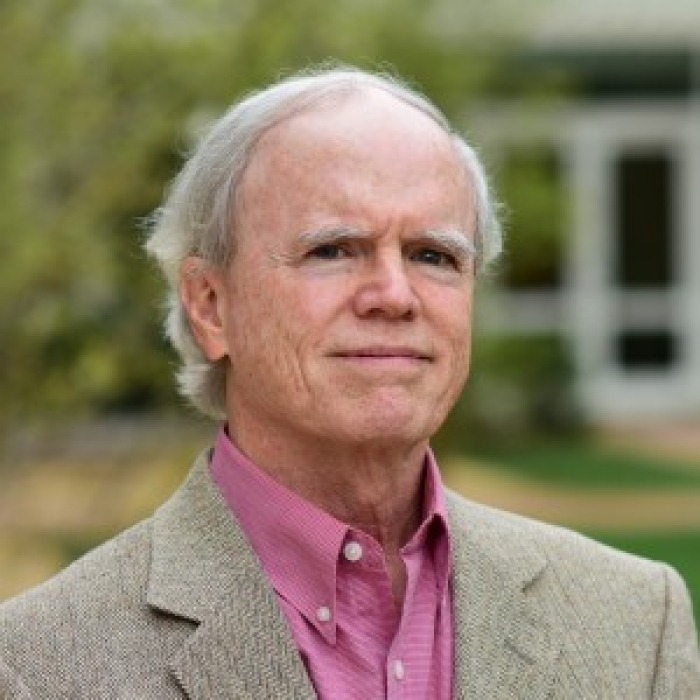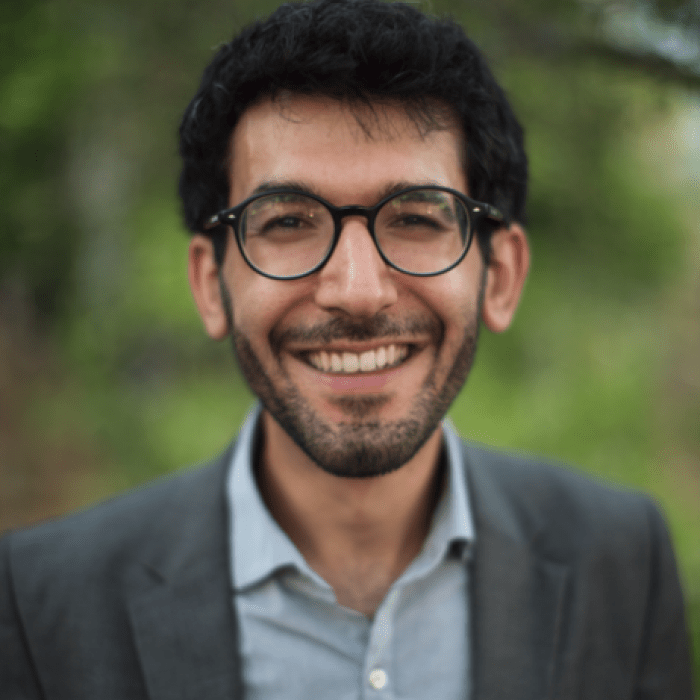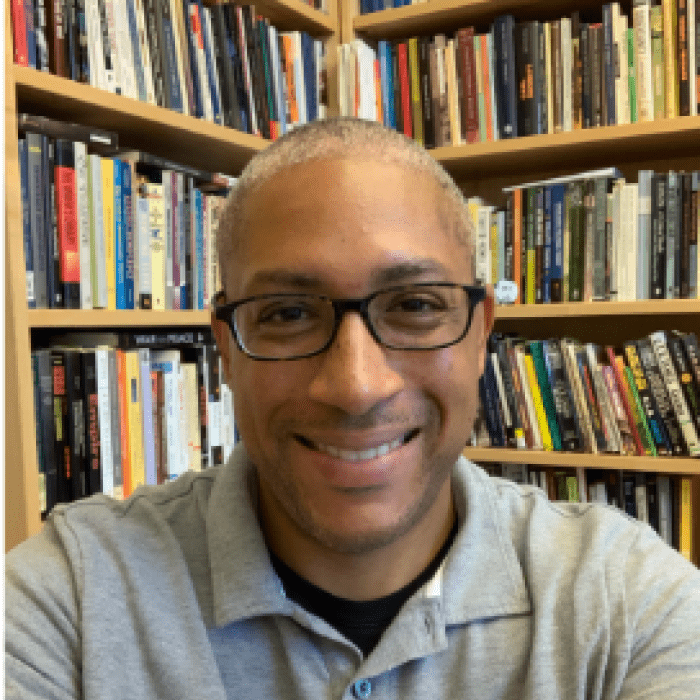
Stephen White
Professor Emeritus, University of Virginia
Agonism, Democracy and the Moral Equality of Voice
Date and Time:
Friday, September 11, 2020 1:00 PM to 2:30 PM
Virtual

Naveed Mansoori
Post-Doctoral Research Associate, University of Virginia
Revelations of the Impossible
Date and Time:
Friday, October 23, 2020 12:00 PM to 1:00 PM
Virtual

Molly Scudder
Assistant Professor, Purdue University
Why Deliberation? Hint: It's About Democracy
Date and Time:
Friday, November 6, 2020 11:00 AM to 12:30 PM
Virtual

Daniel Henry
PhD Candidate, University of Virginia
The Democratic Ambivalence of Invisible Citizens
Date and Time:
Friday, November 20, 2020 11:00 AM to 12:30 PM

Claire Timperley
Lecturer, Victoria University of Wellington
Subversive Pedagogies: Radical Possibility in the Academy.
Date and Time:
Friday, March 26, 2021 11:00 AM to 12:30 PM

Neil Roberts
Chair and Professor of Africana Studies, Williams College
Angela Y. Davis: Abolitionism, Democracy, Freedom
Date and Time:
Friday, April 16, 2021 11:00 AM to 12:30 PM
Abstract/Description:
The essay begins with a discussion of the movements, texts, and figures—notably Herbert Marcuse—both central to the intellectual development of Angela Y. Davis and most representative of Davis’s political thought. It frames Davis’s body of work as a form of fugitive theory and practice whose nineteenth-century intellectual roots provide a unique vista only partially mined by contemporary theorists frequently associated with fugitive thought. It turns next to an examination of three concepts foundational to the work of Davis: abolitionism, democracy, and freedom. Davis’s analyses of W.E.B. Du Bois and Frederick Douglass are vital to elucidating these notions. The chapter argues that the understanding of abolitionism Davis marshals mediates her articulations of democracy and freedom in late modernity. Inclusion of Davis’s views on resistance and liberation reinforces this reading. Davis does not claim to invent all or even most of the categories and terms integral to her thought. It is the way she integrates older and new concepts into a defined political system concerned with actors and institutional arrangements that distinguishes her. Deciphering how Davis arrives at her core tripartite ideals challenges us to refashion facile, sanitized origin narratives of the contours of African American political thought.

Jeffrey Green
Professor and Director of Andrea Mitchell Center for the Study of Democracy, University of Pennsylvania
Never Could Learn to Drink that Blood and Call it Wine: Bob Dylan as Prophet of the Postsecular
Date and Time:
Friday, April 30, 2021 11:00 AM
Academic Year:
